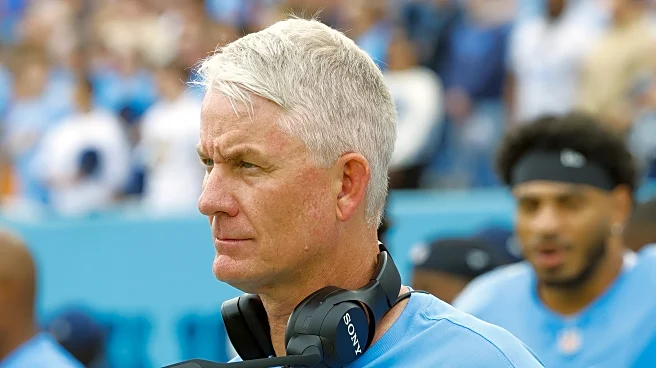What is the story about?
What's Happening?
Indonesia has lifted its suspension on TikTok's local operating license after the company provided data requested by the government. The suspension was initially imposed due to TikTok's failure to submit complete data on traffic and monetization activities during a period of anti-government protests. The protests, which occurred between late August and September, were sparked by issues such as rising living costs and police brutality. TikTok's data submission, which included information on traffic escalation and TikTok Live monetization activities from August 25 to August 30, was delivered via an official letter dated October 3. This move by TikTok has allowed the platform to regain its status as a registered electronic systems operator in Indonesia, a significant market with over 100 million users.
Why It's Important?
The reinstatement of TikTok's license in Indonesia highlights the delicate balance between government regulation and free speech in digital spaces. Indonesia's decision to suspend TikTok's license raised concerns about government control over online platforms, especially during politically sensitive times. The resolution of this issue underscores the importance of compliance with local regulations for international tech companies operating in foreign markets. For TikTok, maintaining its presence in Indonesia is crucial given the country's large user base. The situation also reflects broader global challenges faced by social media platforms in navigating regulatory environments while ensuring user engagement and content monetization.
What's Next?
With the reinstatement of its license, TikTok can resume normal operations in Indonesia. However, the company may need to remain vigilant in adhering to local regulations to avoid future disruptions. The Indonesian government, on the other hand, may continue to monitor digital platforms closely to ensure compliance with national laws, particularly concerning content that could influence public sentiment during protests. This incident may prompt other countries to scrutinize social media platforms more closely, potentially leading to increased regulatory demands globally.
















